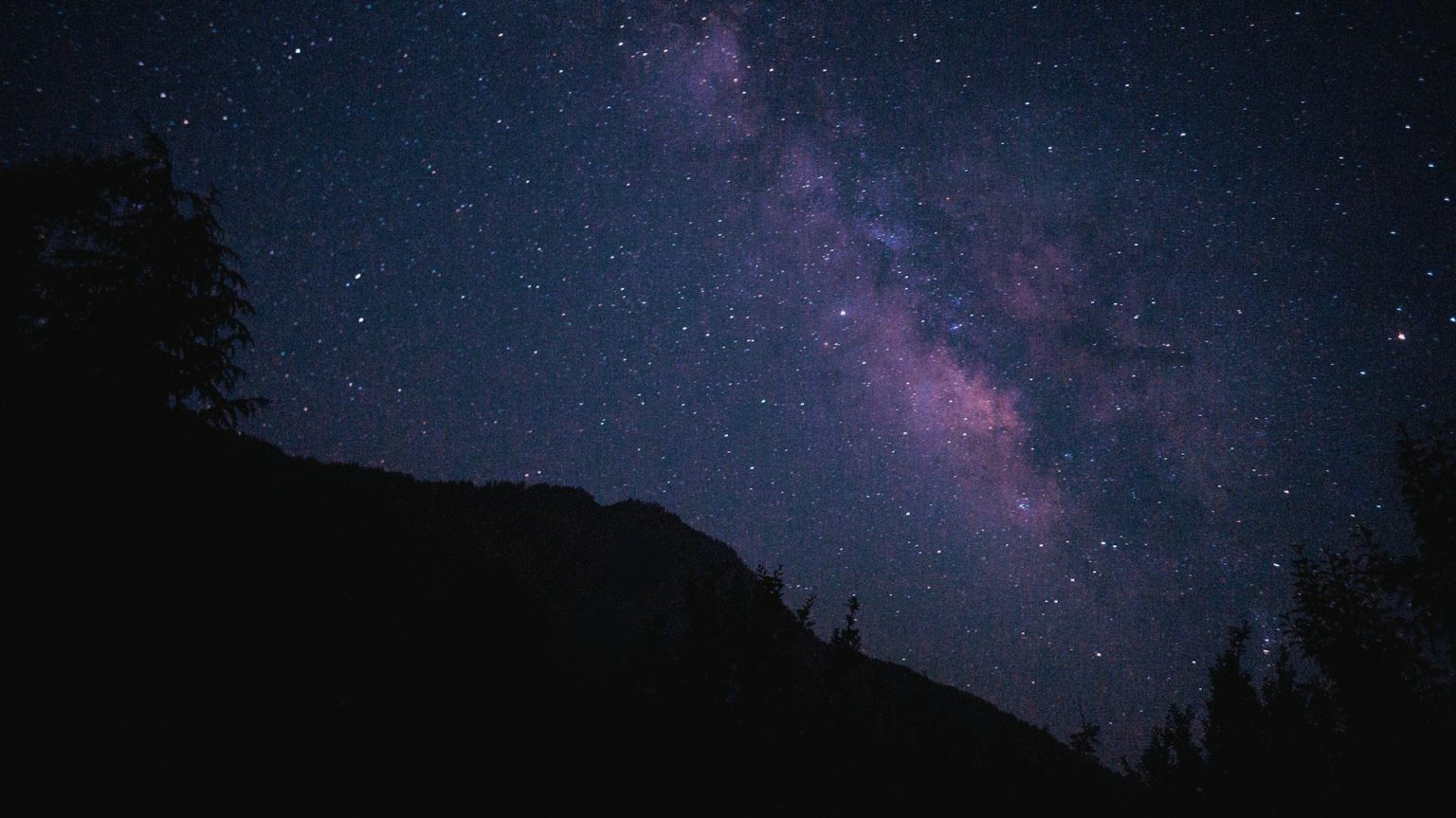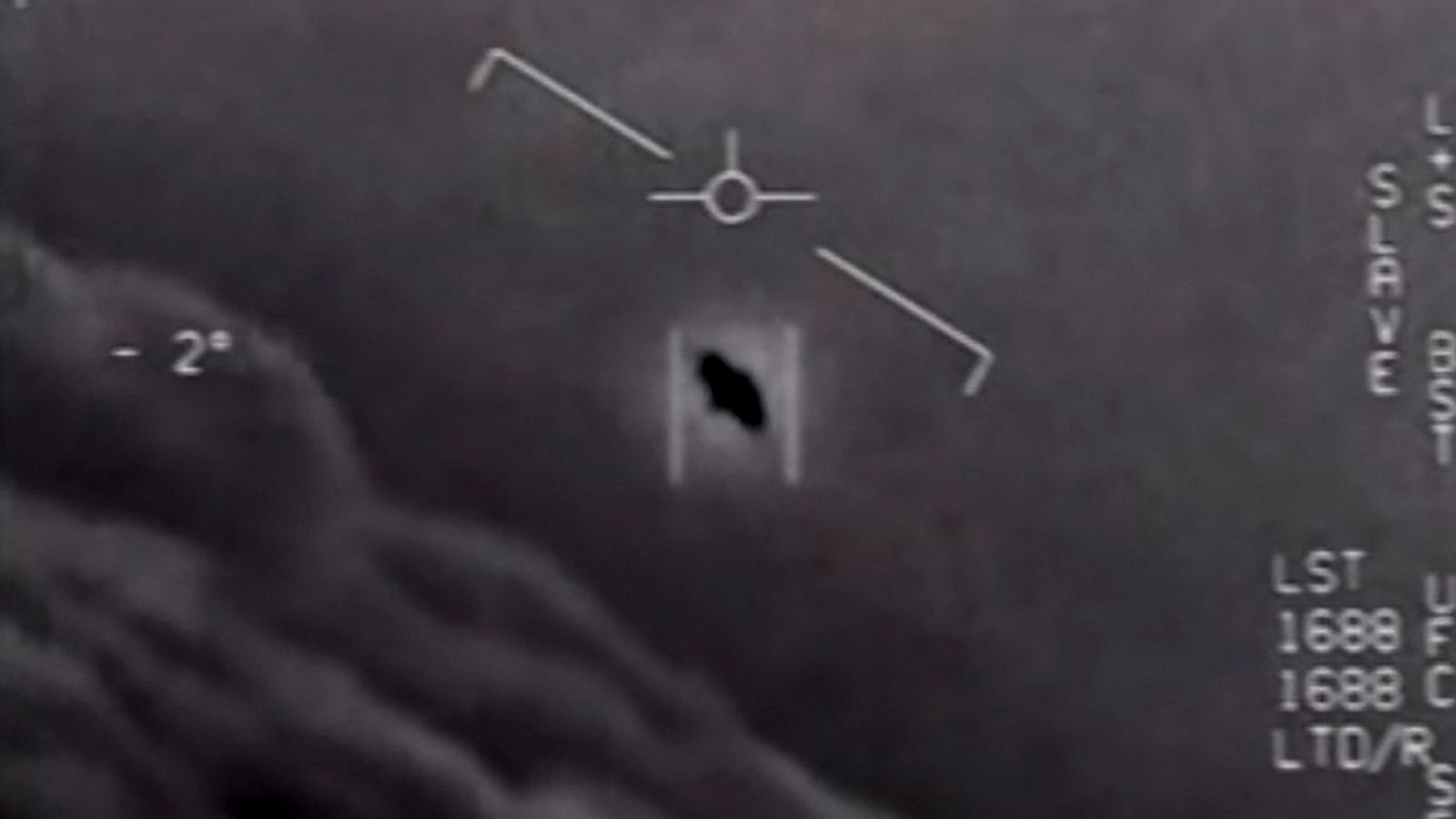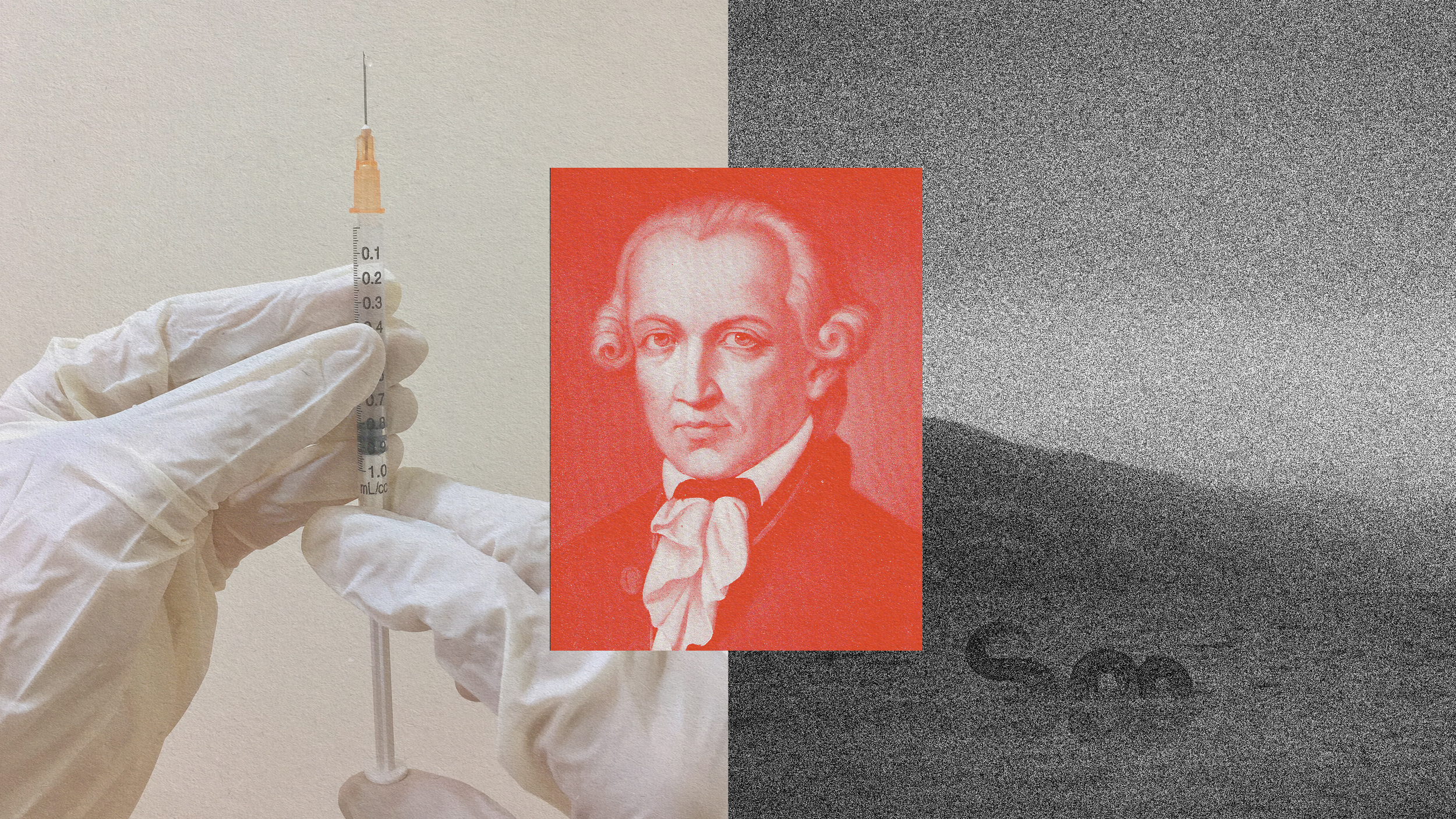Before online dating became ubiquitous, most people met their partners at work, school, or through a shared network of friends. But as apps like Tinder, Bumble, and Hinge have become the default for finding romance, an enormous shift from real life courtship to virtual has occurred.
How has this impacted the dating process? Online connections are often made independent of your normal circles, and lack supervision. This creates a lack of accountability that can encourage unethical behaviors such as harassment, objectification, ghosting, and worse from users.
How can we create a more positive environment on apps and ensure we’re dating with the best of intentions? Author Chistine Emba explains.
CHRISTINE EMBA: Dating has never exactly been easy. In the past, say the '90s and prior, the majority of people met their partners through their communities- either through friends and family, or maybe through their work or their church or their school. But then dating apps and online dating appear, and there's an incredible shift. The number of people who meet their partners online shoot up. And in some ways, this is a really good thing. Online dating and dating apps have helped a lot of people. And I think that the added freedom that online dating has provided has been especially helpful for people in marginalized groups who might not have found their partners otherwise. But there are some alarming negative trends that are impacting the way that we live our romantic lives today.
- For pretty much all of history, people met their partners through their community, their family, or friends- dating apps has changed all of that. You can meet someone totally independent of your normal circles, and you can date them without supervision. But there is something of a downside to all of this privacy too. There's a distinct lack of accountability. You can ghost someone or be ghosted. You can send someone a pic of your genitalia and know that they can't tell anyone about it because who would they tell? People behave, I would say, worse when they're online dating, in part because they're not afraid that their behavior will get out. And some of the stats bear this out. In a recent survey by Pew Research, 56% of women say that they had been sent a sexually explicit image or an image that they otherwise didn't ask for while dating online. And over 40% of women say that they had been contacted persistently by somebody who they had attempted to cut off contact with before. 37% of women say that they've been called an offensive name while online dating. And 11% say that they've actually received threats of physical harm. Of course, it isn't just women feeling the downsides of dating app pressures. 64% of men say that they've been made to feel insecure by the lack of messages that they've received. And I think that there's something about the level of rejection and constant negativity that some people feel experiencing the apps that actually contributes to a sense of, sort of, malaise when it comes to online dating. I'm not sure that humans were really built to receive the amount of 'in-your-face rejection' that a dating app can give. The number of people you simply don't match with who- it's easy to internalize- just don't like you as a person. And then there are also what I would call 'the habits of mind' that using dating apps tends to inculcate. Dating apps like Tinder and Bumble and Hinge are set up to sort of 'gamify' dating: swipe left or swipe right on this deck of cards covered in hot people. And it can foster this feeling that there are hundreds, thousands, millions of people out there, so why settle for anyone who doesn't match your specifications perfectly? Of course, there may be millions of people out there, but that doesn't mean that you can or should date all of them. But dating apps do give the illusion that there is always something better out there; that there's no reason to put work into one relationship that isn't perfect when you could just find another one and start over again. And I think that that may contribute to a delay in settling down for some people. And then of course, with dating apps, pictures are incredibly prominent, and often people are judging based on just appearance. If you have a flattering profile pic, if you can take a good selfie, you're much likely to get a positive swipe. But this really cuts against people who, hey, may not be great with a camera, but have other excellent qualities that don't necessarily show up well on a dating app. And it's actually men who complain the most about this. When people filter, often thoughtlessly, for things like height, say, somebody who doesn't meet those exact specifications, but could be great and perhaps a perfect match in many other areas, never gets a chance to shine. And then finally, when you think about dating apps and how you are sort of looking through people's kind of marketing bios of themselves: the best picture, their maybe one line of text that a Tinder or Bumble allows, you begin to look at people as objects. And at the same time, if you're on a dating app, you may be marketing yourself as an object too. So, how can we be more ethical when we're dating and having sex? In my book "Rethinking Sex," I talk about the idea of 'willing the good of the other,' which I think of as kind of a broad ethic for romantic and, frankly, other partnerships. The idea is that you try and think of the other person's good, and rank it as highly as you would your own. It's something of the 'golden rule,' but kind of an omnibus. I think that we have to work really hard to treat people as ends, and not just means. We can think more about emotional intimacy. We can have more respect for commitment, and more respect for other people's boundaries; to respect them as humans, not just images on a screen. And I will also say, that online dating doesn't necessarily have to take the place of meeting someone in person. Yes, it is hard to approach someone in the supermarket or at a bar. The idea of building up the bravery and the social ability that it takes to talk to strangers, that's a healthy thing, whether you're using it for dating or not. Or, you could just keep swiping, and see if anything turns up.
- If you've ever used a dating app yourself, what was the experience like?
- Oh, God, it's a dumpster fire.







